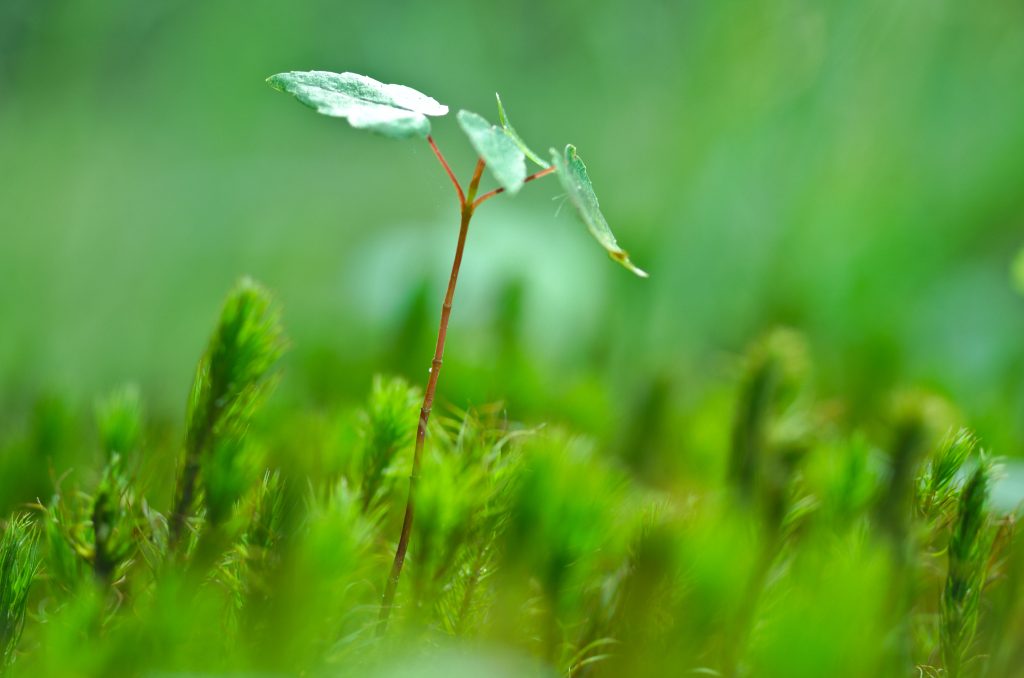
SEEDs of Change: How to Develop Impact from your Research
Colleagues share their insights into how to have an impact
The second event in our SEEDs of Change Seminar Series was a round table discussion involving speakers from across the School of Environment, Education and Development, whose research has already led to impact. Huge thanks to Neil Humphrey, Gindo Tampubolon, Joanne Tippett and James Evans for sharing their insights.
Four main themes emerged from the discussions:
1. Think about impact at the inception of a project
Think broadly about the different kinds of impact your work might have, early in the project. Doing so will make gathering evidence a lot easier later on. That being said, it’s also important to be flexible and able to respond to opportunities. Recognise the role of serendipity and understand that not everything can be planned!
2. Think about scale
Influencing national policy is hard (but we should try!). There are opportunities to influence local policy, and local work can lead to national impact if you are able to build regional networks and enhance your credibility with people who have their own links. Having good contacts at a local level is effective.
3. Build relationships with key stakeholders
A tip from James was to look for people who span multiple areas or organisations, rather than approaching heads of organisations who are often extremely busy. Also, a good way to form a relationship is to help someone out with something for free! Look for synergies; what goals and interests do you share with partners? What useful for them? What’s useful for you?
Gindo noted that non-academic colleagues speak a “different language” to academics – this means we need to step out of our comfort zone and learn to adopt the language of our colleagues.
Building relationships takes time and is unpredictable. One challenge is that you can invest a lot of time in this, and it isn’t always measurable.
4. Track and document impact
Evidencing impact also takes time, and Neil commented that he’d found support for documenting impact as valuable as support with carrying out the research. If you have good relationships with stakeholders they will be happy to provide written statements about the impact of your work. During a project, Joanne’s advice is to “hoard evidence like a squirrel”! Try and collect as much information as possible about the changes your research has led to.
We hope everyone who attended the event found it useful and was able to take away some tips for developing impact from their own research. Thanks again to all our panellists, and keep an eye out for details of the next SEEDs of Change Event.





0 Comments